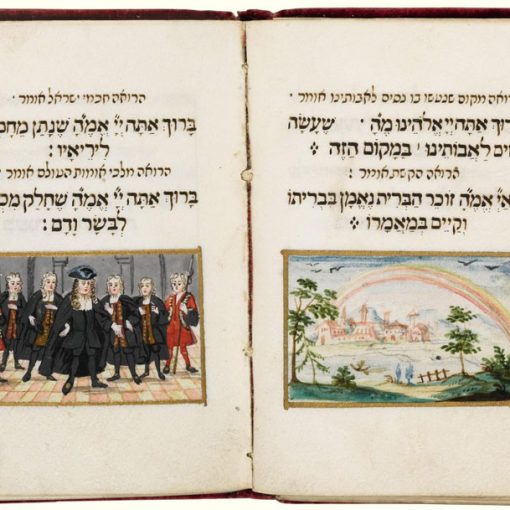I have assigned The Contrarian’s Guide to Leadership for the students in our Presidential Leadership Academy. It is an easy read with a lot of good observations from Steve Sample, former President of the University of Buffalo and the University of Southern California. In one chapter, “You Are What You Read,” he argues for the importance of reading such classics as Machiavelli’s The Prince, Plato’s Republic, and Shakespeare’s Hamlet and Othello. He is also argues that the Bible, especially the narratives about Moses, David, Jesus, and Paul, ought to be read as well. It is here that I depart slightly from his analysis.
Unfortunately, the King James Bible has been mostly replaced why politically correct revisions which seem to lack the power to shape and influence the language of leadership.
First, let’s just broaden his assertion, as I think he might, that it is not just the language of “leadership” that the Bible has influenced. The KJV, without attaining divine status, has incredibly influenced the entire English language, not just certain backwaters, as has Shakespeare, of course.
More importantly though, Sample misses where the influence comes from; it is not the translation that so influenced our language (and society), rather it was the its presence within English speaking societies. Even if our modern translations were as fine English literature as is the KJV, [mfn]While the KJV is often not the best translation, many modern versions are better at rendering the source material, the KJV makes far better use of its destination language and is rightly considered some of the greatest English literature extant.[/mfn] none of them can ever have the same sort of influence because the Church and the reading of Scripture no longer have the same place in society as it did in the 17-19th centuries. It is not the “politically correct revisions” which are to blame for their lack of influence.
On the other hand, the state of the English used in current modern versions, whether “politically correct” or otherwise, is certainly not helping to promote modern versions. The average reading level of modern English translations is 7th grade. (See this handy table from Christianbook.com.) With a goal of creating a version that is accessible for as broad a reading level as possible it is not surprising that the result is something akin to linguistic pabulum. Perhaps even as the Church has waned as a center of life (if not belief) if modern translators had worked harder at conveying the depth and complexity of the original languages and their substance the translations might have achieved notice in their own right. Sadly not only are they not very good, they are also now seldom read as more than an “answer key.” Reading a biblical book in a single sitting, for example, seems long gone as a practice and thus is now practically unknown as a pleasure.







One thought on “The Power to Shape and Influence Language”
As UK Prime Minster Benjamin Disraeli observed … “Few ideas are correct ones, and which they are none can tell, but with words we govern men.”